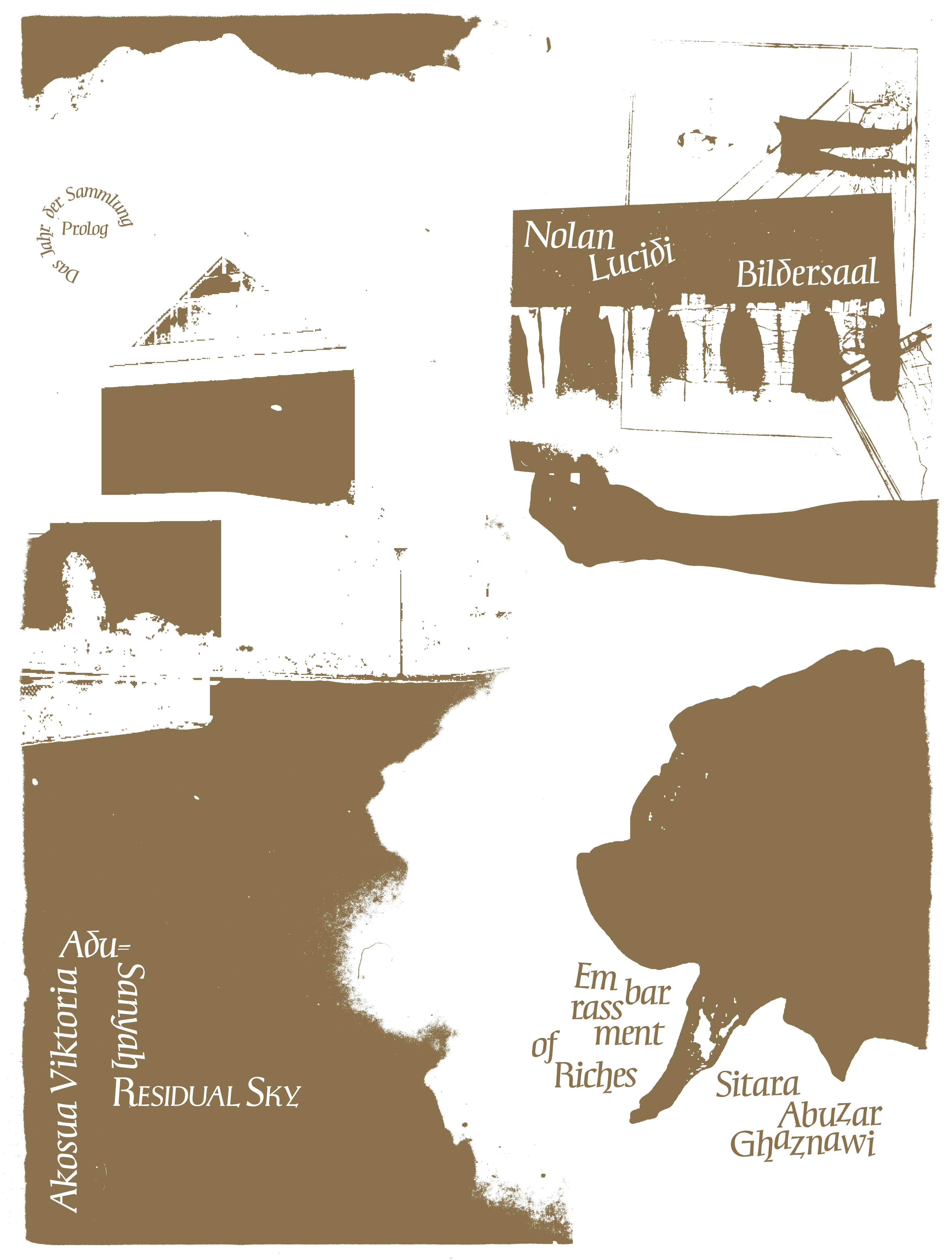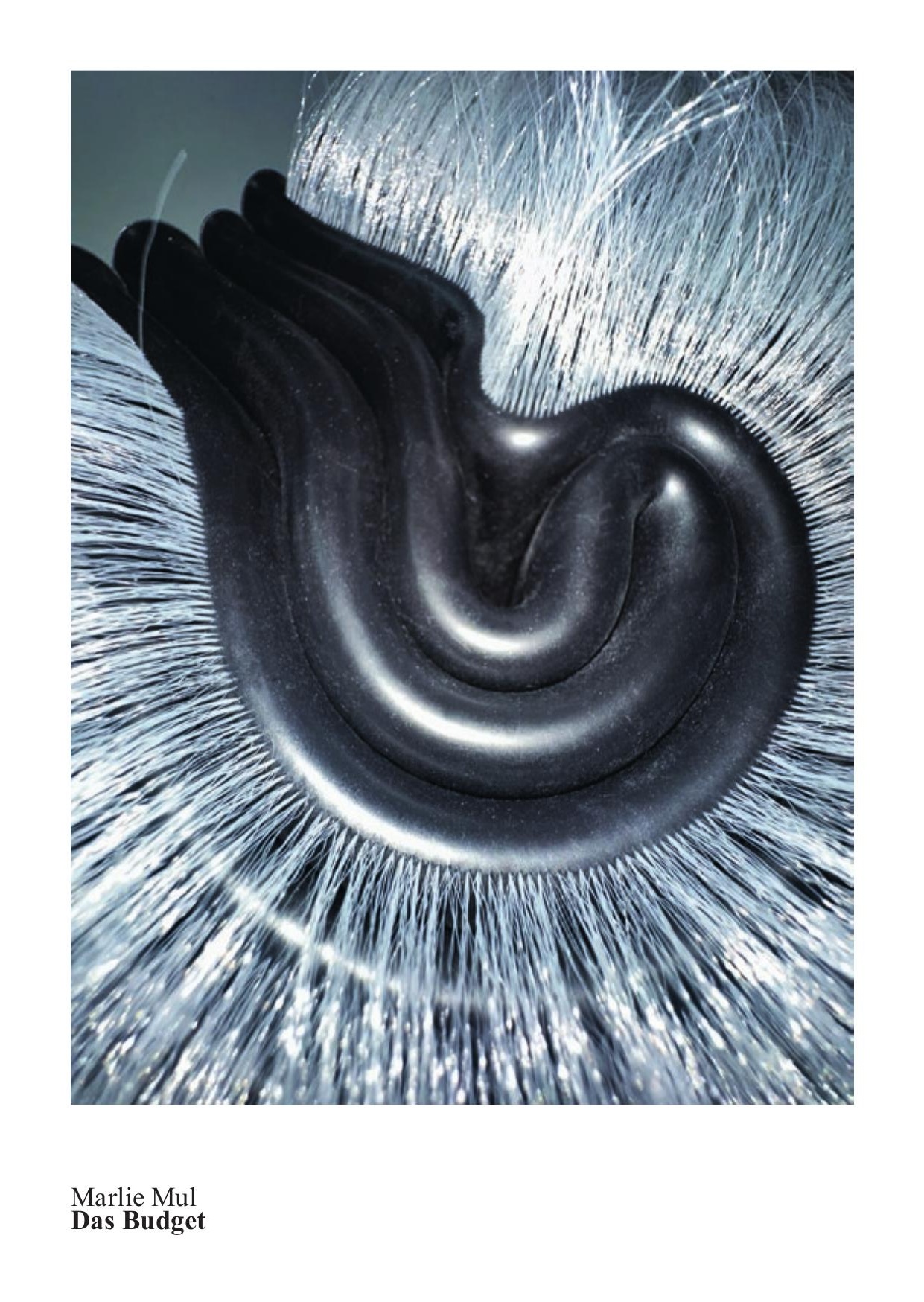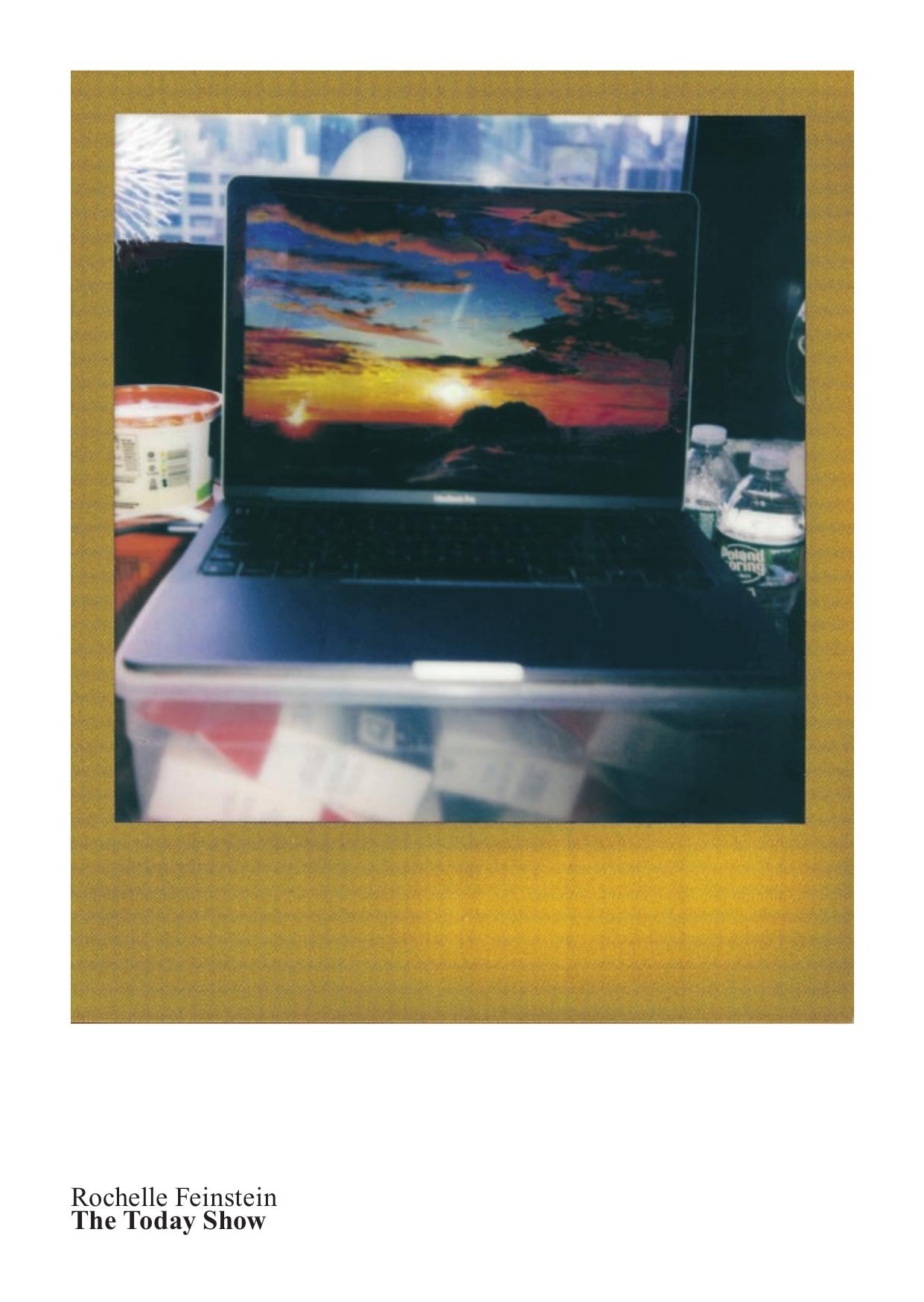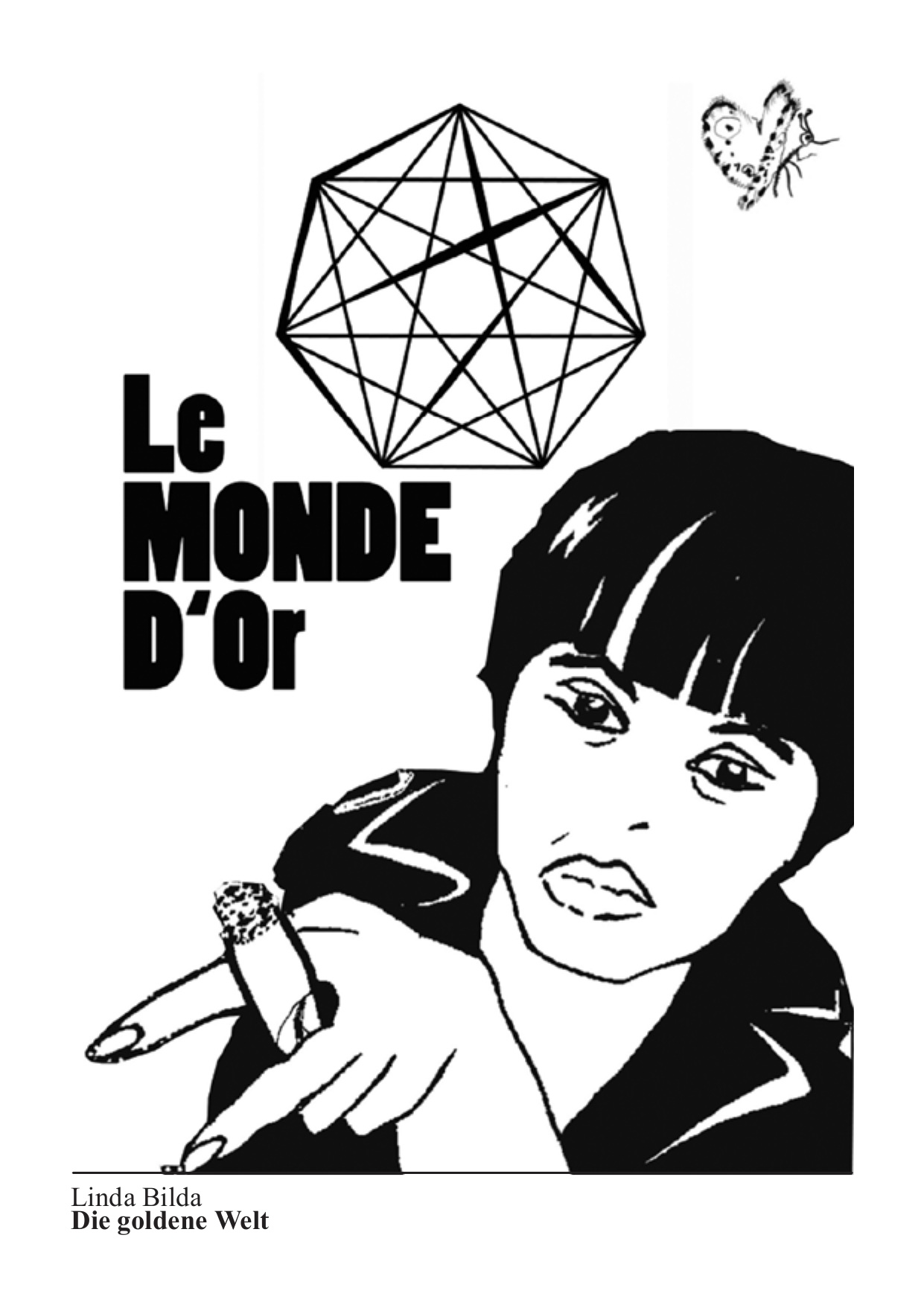3.9. – 19.9.2006
Quelquepart II
The video essays of Ingrid Wildi (born 1963 in Santiago de Chile, lives and works in Geneva), which move in the space between documentary film and art film, usually take conversations as a point of departure. She asks questions on the topics of philosophy, religion, and politics, and she connects the answers of the interviewees with statements concerning their own personal history. What interests the artist is spoken language, voice, as a kind of medium of the performative flow of conversation, which she later composes into her own narrative by means of a montage. Ingrid Wildi's conversation partners may be children, young people, old people, or immigrants; usually, they are people for whom spoken language cannot be taken for granted, but rather is something that they must continuously defend and conquer. This language, which is shaped individually, culturally, and according to gender, serves as her documentary material that she fictionalizes in the process of editing, to make the invisible visible. For instance, her reworking interrupts the linear flow of the spoken words and restructures the fragments of speech according to substantive and rhythmic criteria. Her goal is not to manipulate what has been said, but rather to let people articulate truths that otherwise would not be heard (Ingrid Wildi). Through her non-linear composition of precisely selected fragments of speech, the connection between which observers must make themselves, Ingrid Wildi makes the observers rely upon their own capacity for remembering.
For Ingrid Wildi, interviews are a tool both for thinking about personal histories as well as world history. Interviews are a place where memories, projections, and inventions mix. In this era of loss of history in which we live, as Ingrid Wildi says herself, she provides people with space for their own ‹oral history› and thereby the possibility to provide personal testimony of their existence and to fight against forgetting and the loss of history.
In the Kunsthaus Glarus, Ingrid Wildi is showing her just-completed video essay Quelquepart II, which she created in close collaboration with the artist Mauricio Gajardo (born 1969 in La Serena, Chile, lives in Geneva). Last year, Pro Helvetia invited the artist to present her videos in Cairo, to live there for a few months as an artist in residence, and to create a new work of art. Confronted with the question of how a video work could be realized in Cairo without falling into the trap of a Eurocentric viewpoint or an exotic presentation of the Orient, the artist decided to interview Egyptian cinema operators at their workplace – i.e., the projection booth, a functional location with only weak cultural connotations – about their daily observations at work. Formally, the resulting video may be understood as a sequel to Quelquepart I (2001), but the content of Quelquepart II takes a somewhat different turn.
‹What do you think about the film that is being shown?›, ‹What kind of audience watches this film?›, ‹If you could make your own film, what kind of film would it be?›, ‹Are there people who do not like cinema?›, ‹How is the difference between reality and fiction received by the audience?›, ‹Do you feel that you are being represented by the film you are showing?›, ‹Can cinema be a war machine?": Ingrid Wildi and Mauricio Gajardo ask questions that relate to the social and cultural life of the interviewees, to the cinema as a place of entertainment and social encounter, and to cinema as a cultural product and a producer of role models. By way of this detour, the artists try to approach topic areas dealing with the religion, traditions, sexuality, values, and conflicts of Egyptian society. This questioning type of approach to a foreign culture could certainly be interpreted as a sociological method; Ingrid Wildi and Mauricio Gajardo are, however, less interested in a goal-oriented, scientific investigation than in a careful feeling-out. The difficulties of such intercultural communication in Quelquepart II – in which gender issues also play a role – are likewise underscored by the difficult communication environment. Not only does the clatter of the film projectors interfere with the acoustics in the small, generally quite dark rooms. Also the fact that questions and answers must be translated by an attending interpreter from French into Arabic (and vice-versa) slows down the discussion and creates additional space for misunderstandings and interpretations that Ingrid Wildi playfully integrates into her work.


















